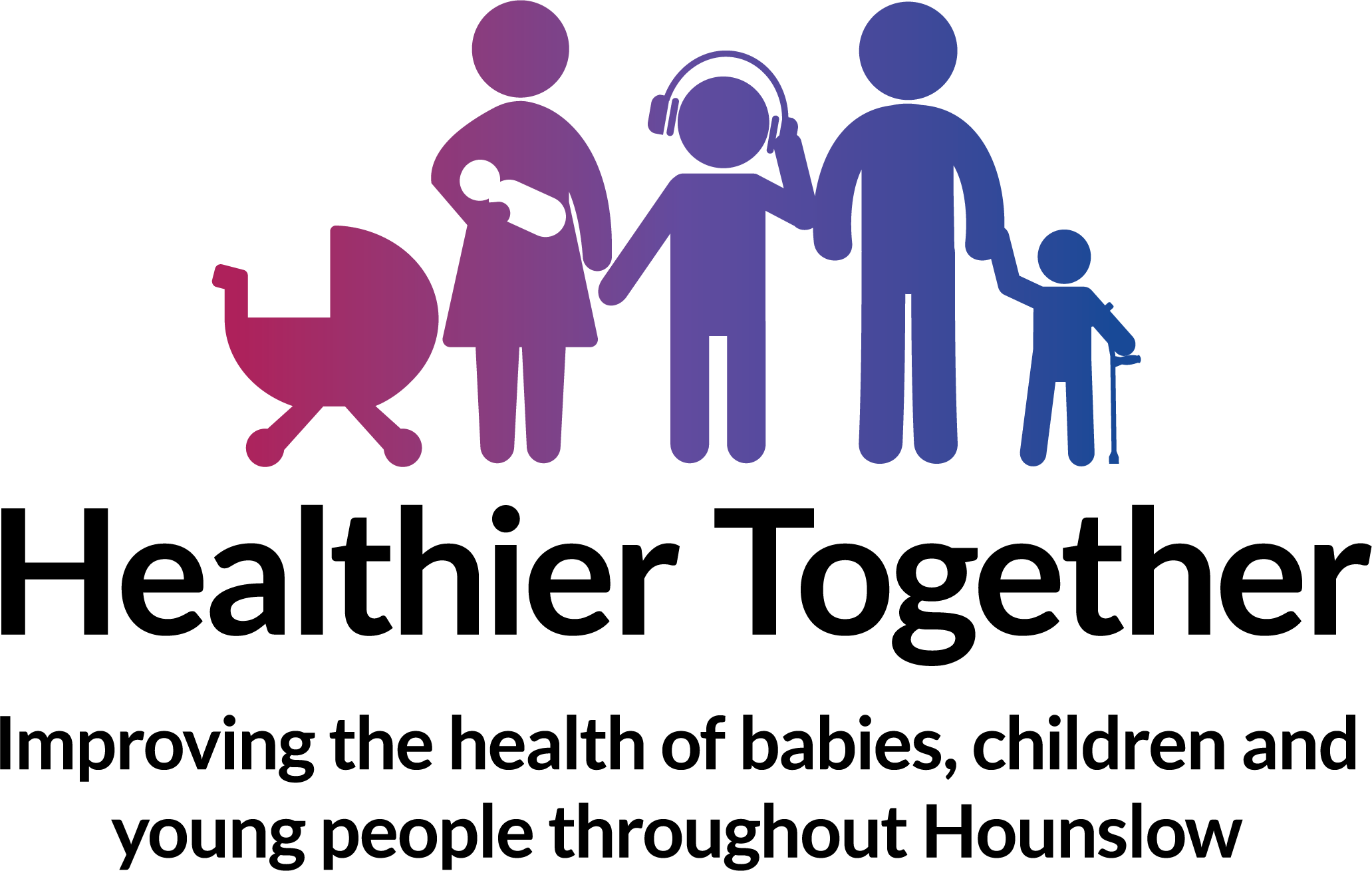Helping children and young people with Down's Syndrome
Things you can do to help
Children and young people with Down's syndrome have some level of learning disability. This means they may need help with daily life. What they need help with is different for each person. And this can change as they get older.
You can try these things to help with their development:
- praise them when they learn something new
- speak clearly and calmly so they can learn from you
- play, sing songs and read books together to help with sounds and words
- try showing them how to do something instead of just giving instructions – this can be easier to follow
- try ways to help them communicate such as Signalong, Makaton or PECS
- try to set routines so they feel more settled – for example, for getting up and at mealtimes
- encourage them to be healthy and active – find activities on the Down's Syndrome Association DSActive website
- look out for changes in mood or behaviour – they may not be able to tell you something's wrong or they're unwell
- take them for regular hearing, eyesight and health checks
Don’t:
- do not talk down to people with Down's syndrome – treat them like anyone their age
- do not just talk to parents or carers, talk directly to people with Down's syndrome
- do not use outdated and offensive language when talking to people with Down's syndrome – see the Down's Syndrome Association language guide
Medical support
Children with Down's syndrome should have regular check-ups with a children's doctor (paediatrician) or a GP. This is because there are conditions they may be more likely to have. It could help for them to see:
- a speech and language therapist – for help with speaking
- a physiotherapist – for help walking if they have low muscle tone
- an optician or hearing specialist – for help with vision and hearing
- an occupational therapist – for help with their development
Speak to a GP, health visitor or your local council to find out how your child can get these services.
Support with education
Choosing a school or college
Lots of children with Down's syndrome go to mainstream schools.
There are also special schools and colleges for children and young people who might need more help.
Where your child goes depends on:
- the help your child needs
- what's available where you live
You can visit schools and colleges in your area and ask the staff how they can meet your child's needs.
Special educational needs support
Children with Down's syndrome will get special educational needs support at their school or college.
Special educational needs support might include things like:
extra support from a teacher or assistant
help taking part in lessons
support with things like eating and getting around school
Find out more about support they can get at school here.


